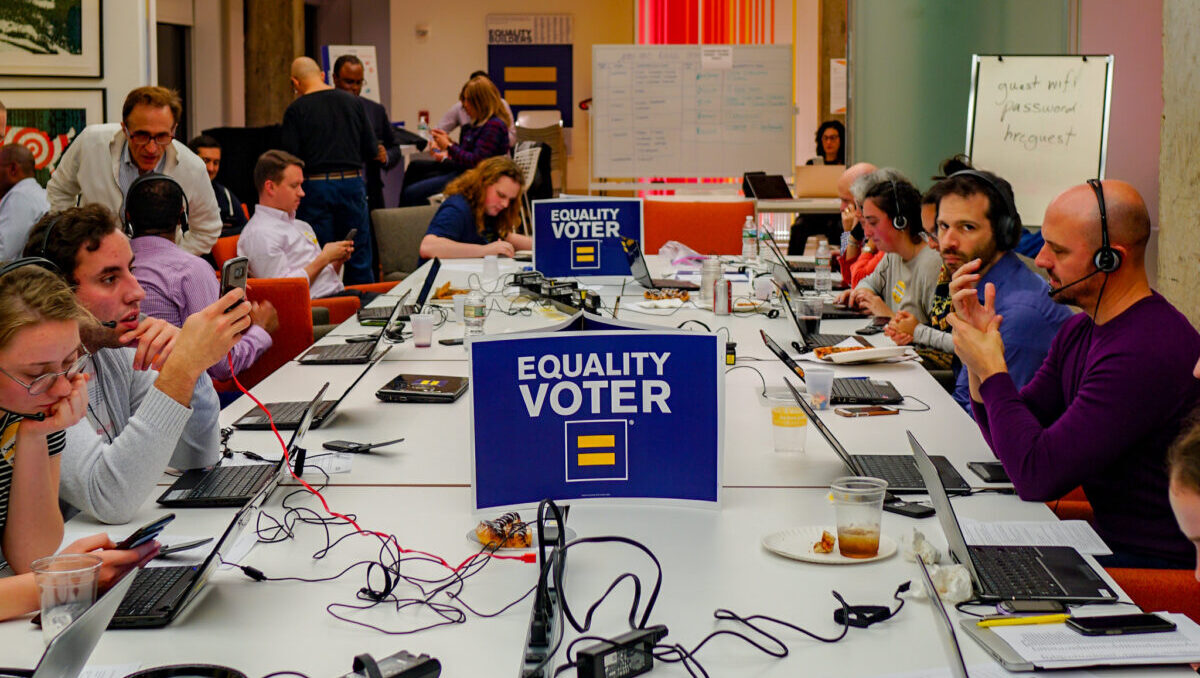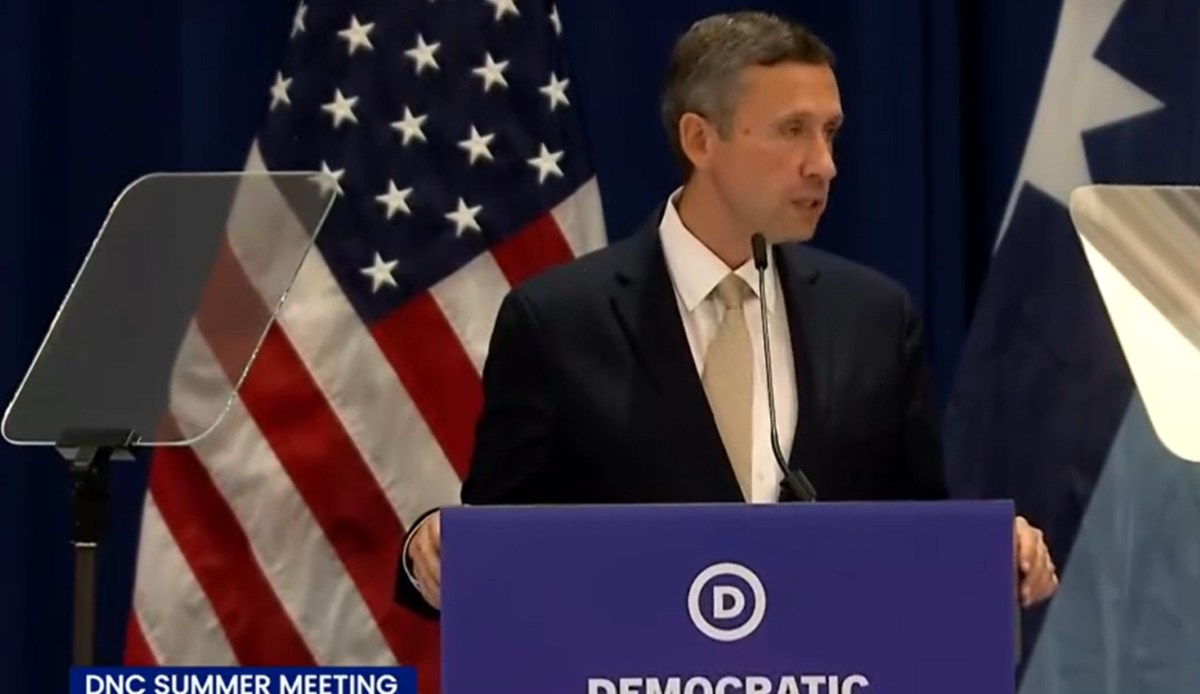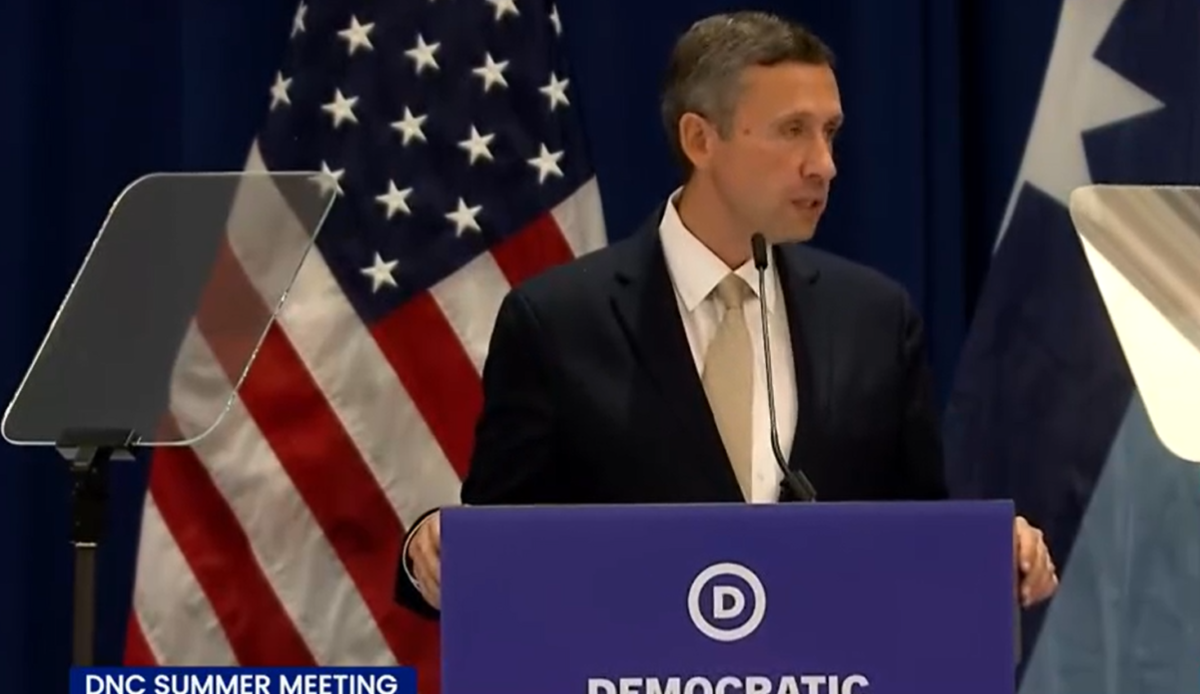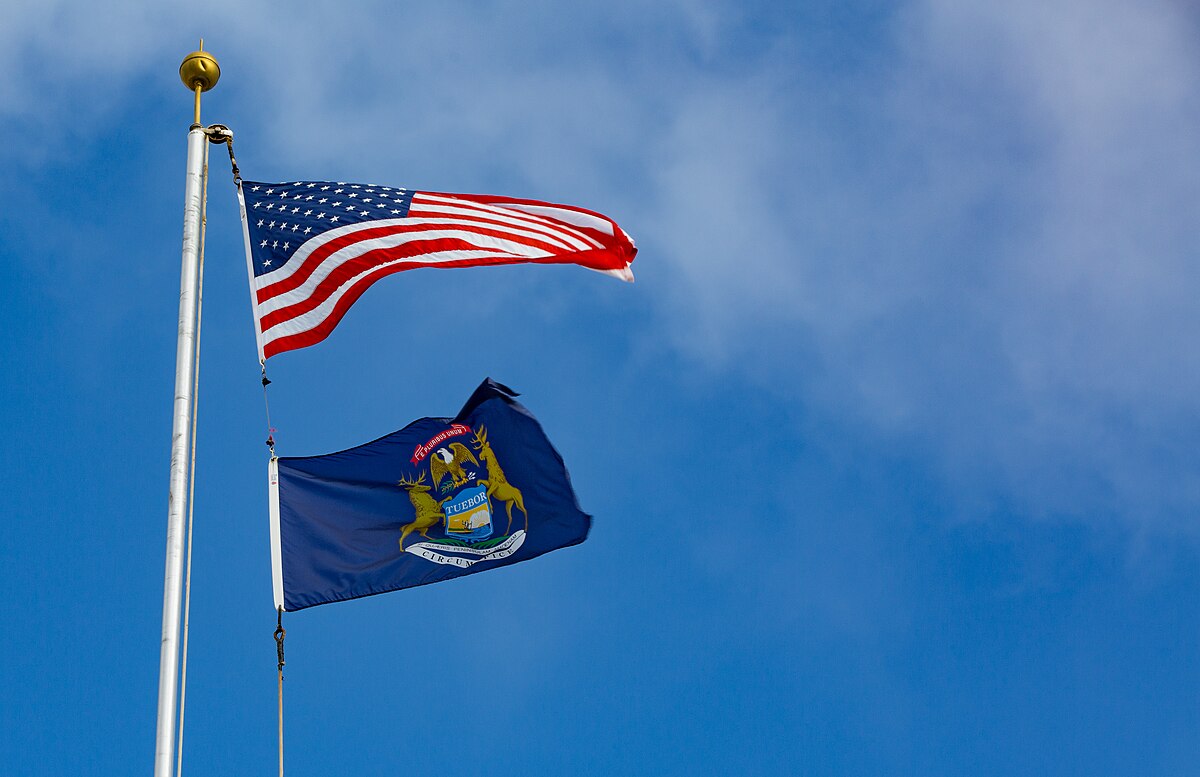A recent analysis by The New York Times has raised questions about the legality of certain voter outreach efforts by Democratic-aligned organizations. The report suggests that these groups, while claiming to be nonpartisan, may have engaged in activities that favor Democratic candidates, potentially violating IRS regulations.
The Times highlighted a network of nonprofits that have been utilized to register Black, Latino, and younger voters, with the underlying assumption that these new voters would predominantly support Democrats. This raises concerns about whether these organizations are circumventing the IRS’s rules against biased voter registration efforts.
According to IRS guidelines, tax-exempt nonprofits are prohibited from engaging in voter registration or get-out-the-vote activities in a manner that favors specific candidates. The Times’ report implies that these organizations have operated under a guise of neutrality while effectively functioning as vehicles for Democratic voter mobilization.
Among the groups mentioned is the Voter Participation Center, which has solicited millions of ballot applications in swing states. The organization aims to assist a demographic it refers to as the “New American Majority,” which includes young people and people of color. Critics argue that such targeting inherently carries a partisan bias.
Another organization, the Everybody Votes Campaign, has reportedly distributed significant funds to community groups to close what it describes as a voter registration gap in communities of color. The campaign’s executive director has framed its mission as a response to systemic barriers, likening current voter ID laws to historical Jim Crow laws.
The Times also pointed out that wealthy donors can receive tax benefits for contributions to these nonprofit organizations, which may allow them to bypass limits on political contributions. This practice raises ethical questions about the use of charitable donations to influence elections.
A 2020 analysis by a Democratic Super PAC indicated that focusing on voter registration through 501(c)(3) organizations could be a highly effective strategy for securing Democratic victories, suggesting that such tactics are not merely incidental but rather a calculated approach to electoral success.
As scrutiny of these organizations increases, it remains to be seen how they will adapt their strategies in light of potential legal challenges. The implications of the Times’ findings could lead to greater oversight of nonprofit voter outreach efforts, particularly those claiming nonpartisan status while operating in a politically charged environment.
The ongoing debate over the intersection of charitable organizations and political activity underscores the complexities of campaign finance and voter mobilization in the United States. As the 2024 elections approach, the role of these organizations in shaping electoral outcomes will likely come under closer examination.
READ ICE Arrests Convicted Criminals in Nationwide Operation



